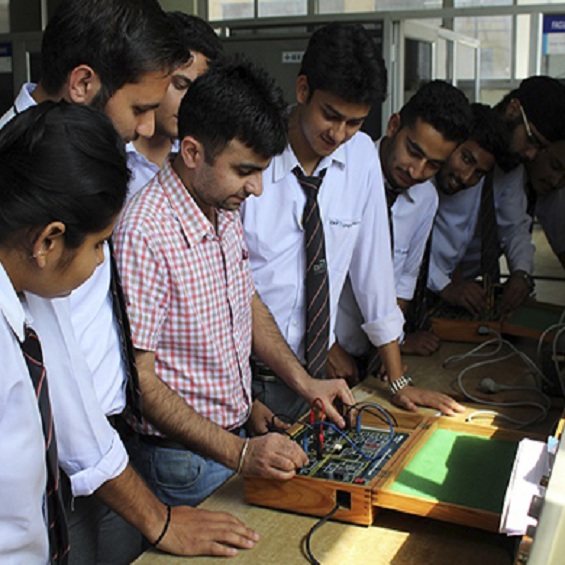
Engineering
Engineering is the application of scientific knowledge to solving problems in the real world. Engineering is an application that involves in scientific and practical knowledge in order to invent, maintain, improve, build, design, system, devices, material, machine and process extensive subject, and with so many types of engineering to choose from, it can be difficult to narrow down which one is for you. To help you to decide, you should try and identify what you’re passionate about. What gets you excited, and what do you spend your free time on? All types of engineering include some form of problem-solving












